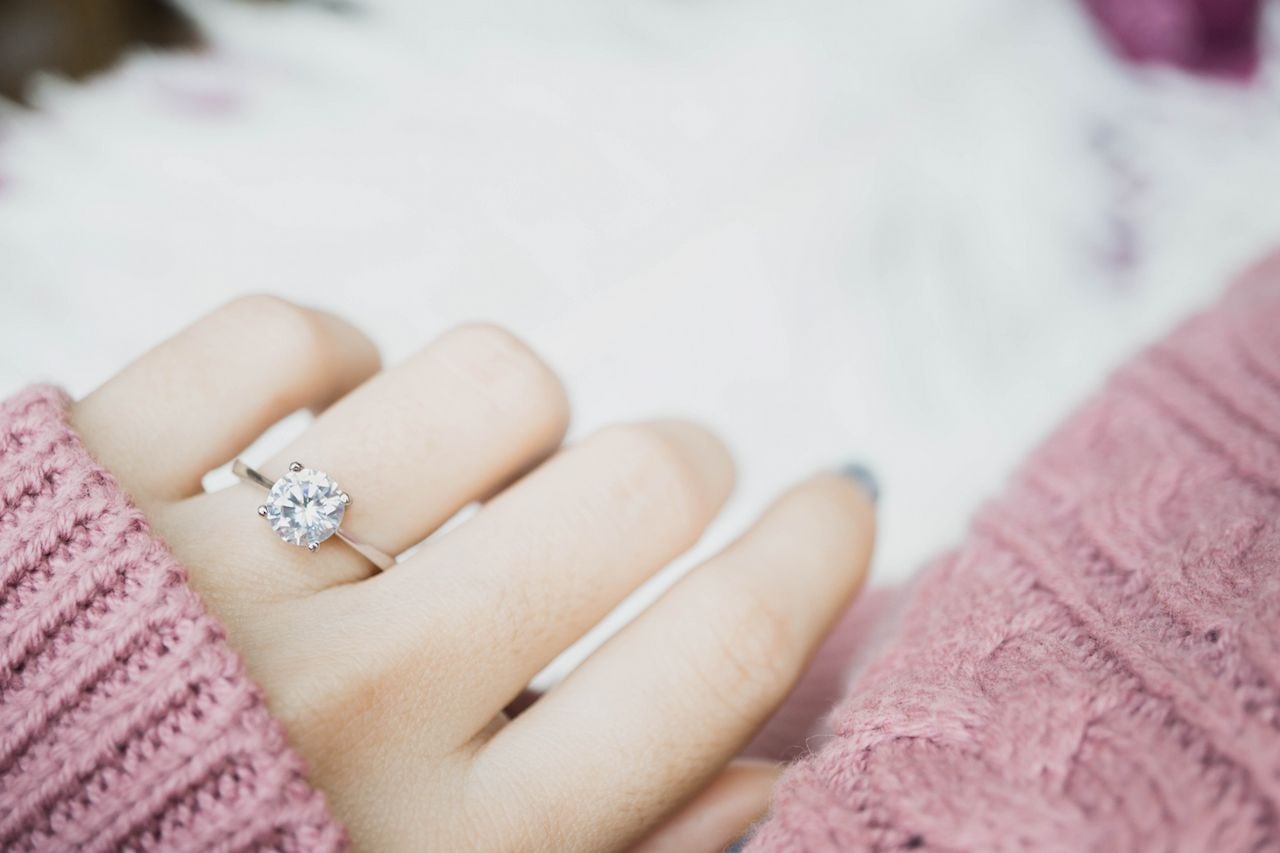Editor’s note#
: The luxury watch market has been buffeted by a crackdown on corruption, terrorism, and Brexit, but now the return of Chinese tourists to France is driving its recovery. This story was originally published on Jing Travel.
Following the terrorist attacks in 2015, the French tourist industry suffered a sharp decline in arrivals and revenue, especially from China. However, 2017 saw a strong recovery for France across the board. With the return of Chinese tourists, sales that suffered in 2016 are now up, as evidenced by the luxury watch market.
Sales of watches priced over 5,000 euros (6,231) rose by eight percent, according to Franceclat, the French committee for the development of the watchmaking, jewelry, and tableware industries. Watches, in general, saw an increase in sales of four percent in 2017, after a decline of six percent in 2016.
While these numbers are certainly encouraging for luxury stakeholders in France, they also illustrate that sales still haven’t fully recovered. However, while luxury watch sales only account for 0.5 percent of watch sales, they contain around a third of total revenue.
Overall sales of jewelry, watches and gold accessories rose by one percent in 2017, following a decline in 2016 of two percent.
All of this data is, of course, good news for French luxury stakeholders. It’s nonetheless clear that sales haven’t fully recovered from 2016 and the financial impact of France’s 2015 attacks will likely only be fully ameliorated in 2018.
It’s not simply the terror attacks that factor into this discussion. France also likely saw a loss in sales due to a competitive disadvantage with Britain. Following the Brexit vote in 2016, the value of the pound dropped sharply. While ostensibly bad for Britain, it provided a substantial boost to luxury sales in the UK.
The stabilization of the pound in recent months has led to a dramatic decline in UK luxury sales for some retailers. This means that the competitive advantage Britain enjoyed in attracting Chinese luxury consumers has been eroded as the prices for these goods increase.
Nonetheless, this should underscore for France and Britain, and indeed all European economies, that over-dependence on Chinese revenue or any single revenue source carries with it high risk.
In regards to terrorism, Chinese tourists are substantially more sensitive to safety concerns, something we at Jing Travel have discussed before in our report on the subject.
Macroeconomic concerns in China should also give stakeholders around the world pause when considering their projections for both outbound Chinese tourism and spending. China’s debt to GDP ratio, is to say the least, troubling and recent stock market woes in China also underscore the ongoing instability of China’s, still relatively new, financial institutions.

